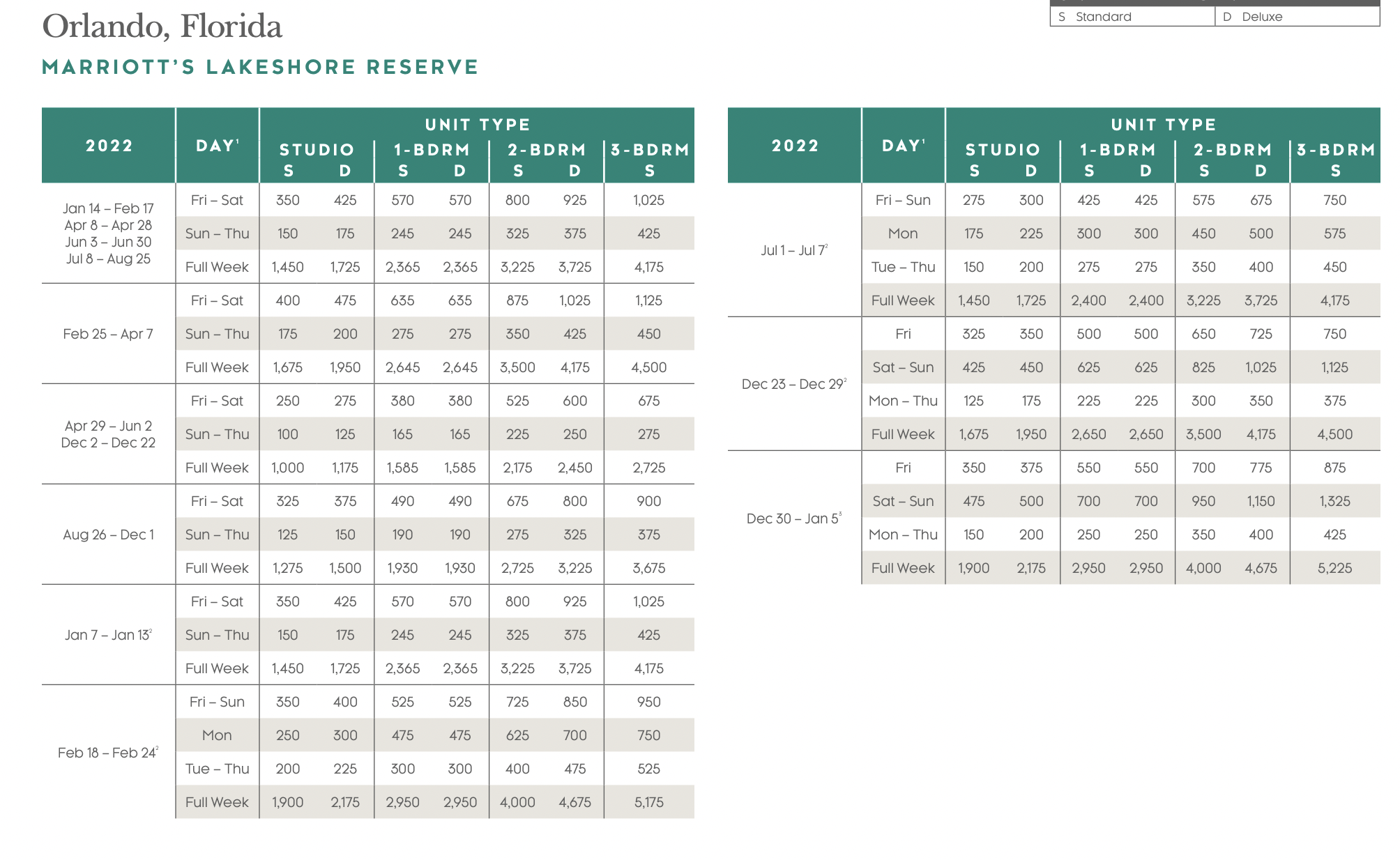RCI and II charge an annual subscription cost, and extra costs for when they discover an exchange for a requesting member, and bar members from renting weeks for which they already have actually exchanged. what happens if i just stop paying my timeshare maintenance fees. Owners can also exchange their weeks or points through independent exchange companies. Owners can exchange without needing the resort to have an official affiliation contract with the companies, if the resort of ownership accepts such arrangements in the initial agreement. Due to the pledge of exchange, timeshares frequently sell no matter the place of their deeded resort. What is seldom divulged is the difference in trading power depending upon the place, and season of the ownership.
Nevertheless, timeshares in extremely preferable areas and high season time slots are the most expensive worldwide, subject to require normal of any greatly trafficked getaway area. A person who owns a timeshare in the American desert neighborhood of Palm Springs, California in the middle of July or August will have a much lowered ability to exchange time, since less concerned a resort at a time when the temperatures remain in excess of 110 F (43 C). A significant difference in kinds of getaway ownership is between deeded and right-to-use contracts. With deeded contracts making use of the resort is usually divided into week-long increments and are offered as real home by means of fractional ownership.
The owner is also liable for an equivalent part of the genuine estate taxes, which usually are collected with condo maintenance fees. The owner can possibly subtract some property-related costs, such as genuine estate taxes from taxable income. Deeded ownership can be as complex as outright property ownership because the structure of deeds differ according to local property laws. Leasehold deeds prevail and deal ownership for a fixed amount of time after which the ownership reverts to the freeholder. Sometimes, leasehold deeds are offered in perpetuity, however many deeds do not convey ownership of the land, however simply the house or system (real estate) of the lodging.
Therefore, a right-to-use agreement grants the right to utilize the resort for a particular number of years. In many countries there are serious limits on foreign home ownership; thus, this is a common method for establishing resorts in countries such as Mexico. Care should be taken with this kind of ownership as the right to utilize often takes the kind of a club subscription or the right to utilize the booking what happens to a timeshare when you die system, where the reservation system is owned by a company not in the control of the owners. The right to use might be lost with the are timeshares good demise of the managing business, since a right to utilize purchaser's contract is normally only excellent with the current owner, and if that owner sells the home, the lease holder could be out of luck depending on the structure of the agreement, and/or existing laws in foreign venues.
An owner might own a deed to use an unit for a single specified week; for instance, week 51 usually consists of Christmas. A person who owns Week 26 at a resort can utilize just that week in each year. Often systems are offered as floating weeks, in which an agreement specifies the number of weeks held by each owner and from which weeks the owner may select for his stay. An example of this might be a floating summer week, in which the owner might pick any single week throughout the summertime. In such a circumstance, there is most likely to be greater competitors during weeks featuring vacations, while lesser competition is most likely when schools are still in session.
Some are sold as rotating weeks, commonly described as flex weeks. In an effort to give all owners a chance for the very best weeks, the weeks are turned forward or backward through the calendar, so in year 1 the owner may have use of week 25, then week 26 in year 2, and after that week 27 in year 3. This approach offers each owner a fair opportunity for prime weeks, however unlike its name, it is not versatile. An alternative type of genuine estate-based timeshare that combines features of deeded timeshare with right-to-use offerings was developed by Disney Getaway Club (DVC) in 1991.

See This Report on What Does A Foreclosure Cover On A Timeshare
Each DVC member's property interest is accompanied by an annual allocation of getaway points in proportion to the size of the property interest. DVC's getaway points system is marketed as extremely flexible and may be utilized in different increments for trip remains at DVC resorts in a range of accommodations from studios to three-bedroom vacation homes. DVC's vacation points can be exchanged for getaways worldwide in non-Disney resorts, or may be banked into or borrowed from future years. DVC's deeded/vacation point structure, which has been utilized at all of its timeshare resorts, has been adopted by other big timeshare developers including the Hilton Grand Vacations Company, the Marriott Trip Club, the Hyatt House Club and Accor in France.

Points programs annually give the owner a number of points equal to the level of ownership. The owner in a points program can then use these points to make travel plans within the resort group. Numerous points programs are affiliated with big resort groups using a large selection of choices for location. Numerous resort point programs provide versatility from the standard week stay. Resort point program members, such as World, Mark by Wyndham and Diamond Resorts International, might ask for from the entire readily available inventory of the resort group. A points program member may often ask for fractional weeks as well as full or numerous week stays.
The points chart will permit factors such as: Popularity of the resort Size of the accommodations Variety of nights Desirability of the season Timeshare residential or commercial properties tend to be house style lodgings varying in size from studio systems (with room for 2), to three and 4 bedroom systems. These bigger units can usually accommodate large families comfortably. Units normally include fully equipped kitchen areas with a dining area, dishwasher, televisions, DVD players, and so on. It is not unusual to have washers and dryers in the unit or available on the resort home. The kitchen location and features will reflect the size of the particular system in Additional resources question.
Generally, but not solely: Sleeps 2/2 would usually be a one bed room or studio Sleeps 6/4 would normally be a 2 bedroom with a sleeper couch (timeshares are offered worldwide, and every place has its own special descriptions) Sleep independently typically refers to the number of guests who will not have to stroll through another visitor's sleeping location to utilize a toilet. Timeshare resorts tend to be strict on the number of guests allowed per unit. how to sell your timeshare in mexico. Unit size affects the cost and demand at any given resort. The same does not be true comparing resorts in various locations. A one-bedroom system in a preferable place might still be more expensive and in higher demand than a two-bedroom lodging in a resort with less demand.